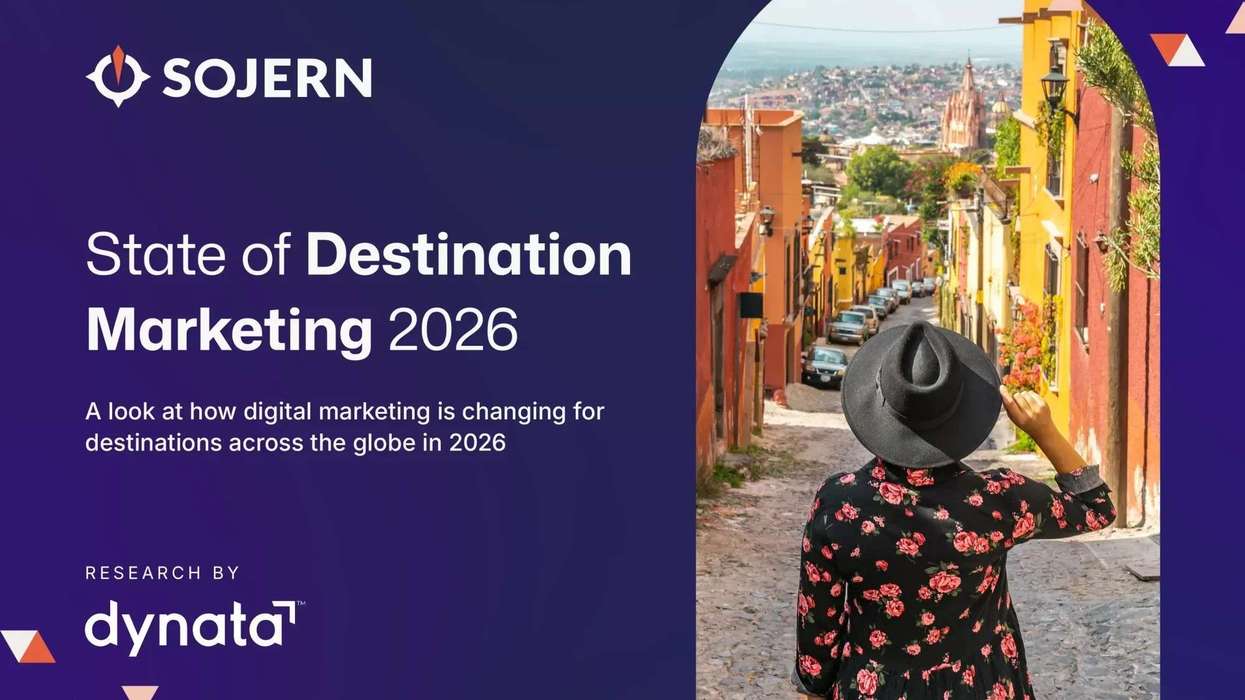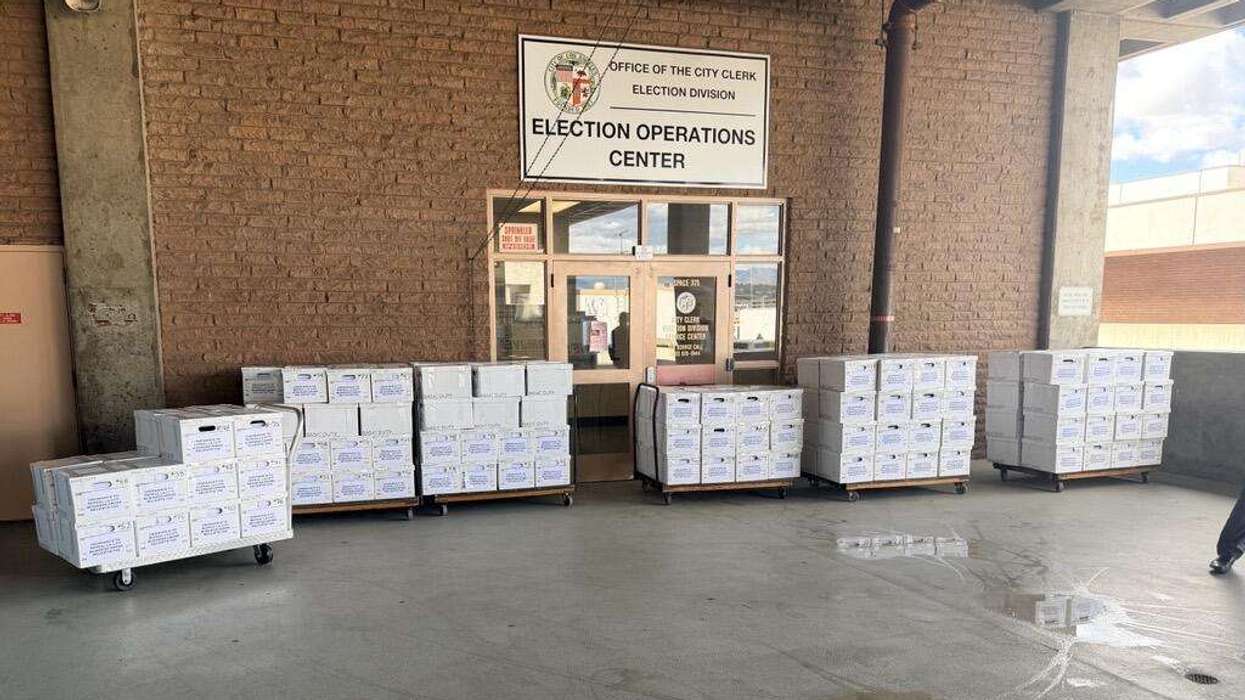THE ONSET OF the COVID-19 pandemic nearly shut down air travel altogether. The U.S. government has now released guidelines for airlines to allow travelers to safely fly again.
“Runway to Recovery: The United States Framework for Airlines and Airports to Mitigate the Public Health Risks of Coronavirus,” issued jointly by the U.S. Departments of Transportation, Homeland Security and Health and Human Services, offers 44 pages of tips for airlines to follow. Some of those pointers include the same advice given to most businesses, such as requiring passengers to wear face coverings and to increase cleaning and sanitation.
It also suggests airlines collect passengers’ contact information for reporting and contact tracing and enhancing airport security checkpoint operations.
“The U.S. government recognizes the substantial public health risk mitigation measures that many air carriers and airports have already implemented. In order to introduce more consistency throughout the air travel system and enhance confidence, the measures outlined in this document should be implemented as soon as feasible, insomuch as such types of measures are not already in place,” the report said.
The U.S. Travel Association welcomed the guidance and said in a statement that it includes several measures the association has been pressing for.
“As USTA stated last month in a congressional hearing on restarting air travel in America, there must be a comprehensive, risk-based approach to ongoing public health risks and in communicating policies to travelers. While it is not possible to eliminate 100 percent of the risk, the administration’s guidance is a critical step in reopening this vital sector of our industry and economy in a way that protects public health and significantly reduces risk,” USTA said. “The administration’s document aligns with many principles in USTA’s own health and safety guidance. More touchless solutions such as biometric screening, increasing sanitation procedures, limiting crowding in public spaces and encouraging health screenings are just some of the measures identified in the administration’s guidance as necessary to protecting the health and safety of passengers and workers alike.”
A comprehensive plan for mitigating health risks for air travelers also is important for resuming regular, international inbound travel, USTA said.
“In 2019, international inbound travel was our nation’s largest service industry export, supporting more than 7.6 million American jobs,” the association said. “This is a key component of the nation’s overall recovery, and the U.S. must strive for mutual recognition and reciprocity of measures to avoid unnecessarily restrictive procedures.”
Since April, hotels in drive-to markets in the U.S. have seen steadily increasing occupancy levels, according to STR. That 11-week trend was broken over the July 4 weekend, however, as several states rolled back their economic reopening plans in light of a surge in COVID-19 cases.





